On 23 June 2016, the United Kingdom announced its decision to leave the EU. Two years after, #MarchForANewEurope was organised in Berlin, where around one thousand people took to the streets during the demonstration. The march was simultaneously held in Cologne, Munich, Copenhagen and Brussels.
“For nationalists and populists, it’s become a day of celebration. But now it’s our turn! We refuse to be silenced on that day of all days. We’re going to speak up loud and clear for our idea of a new Europe!” claimed this year’s March for Europe manifesto.
The coalition of 45 organizations, unions and parties, along with thousands of citizens, walked together in a rally in Berlin making a stopover in front of the British Embassy.
“Together, we’re making a stand for a European democracy that has its citizens at its heart. It’s finally time for us to get the social Europe we’ve been promised. We want a Europe where social politics secure the freedom of all citizens and makes sure everyone gets an equal shot in life,” said the organisers.
“We are here today for a Europe based on solidarity towards all, for refugees, migrants, between above and below and young and old. I want to live in a Europe that is not divided by the so called “heated debate” about migration. The problem is not called migration. The problem is called deprivation of our rights. The problem is called racism. Let’s fight together for a Europe that actively fights inequality and takes the protection of human rights seriously. Let’s fight for a Europe that is a home not only for those “born and raised” here but for those wanting to make this continent their new home while seeking protection. The Europe I want to fight for does not let people die at its outer borders!” said Daphne Büllesbach, director of European Alternatives Berlin.
“A democratic Europe requires a radical reform of the European institutions. The EU must become a full parliamentary democracy. For this, the directly-elected European Parliament must become a pivotal European policy. It must be given the right of initiative for legislation and directly elect a European government based on a parliamentary majority,” stated the open letter.
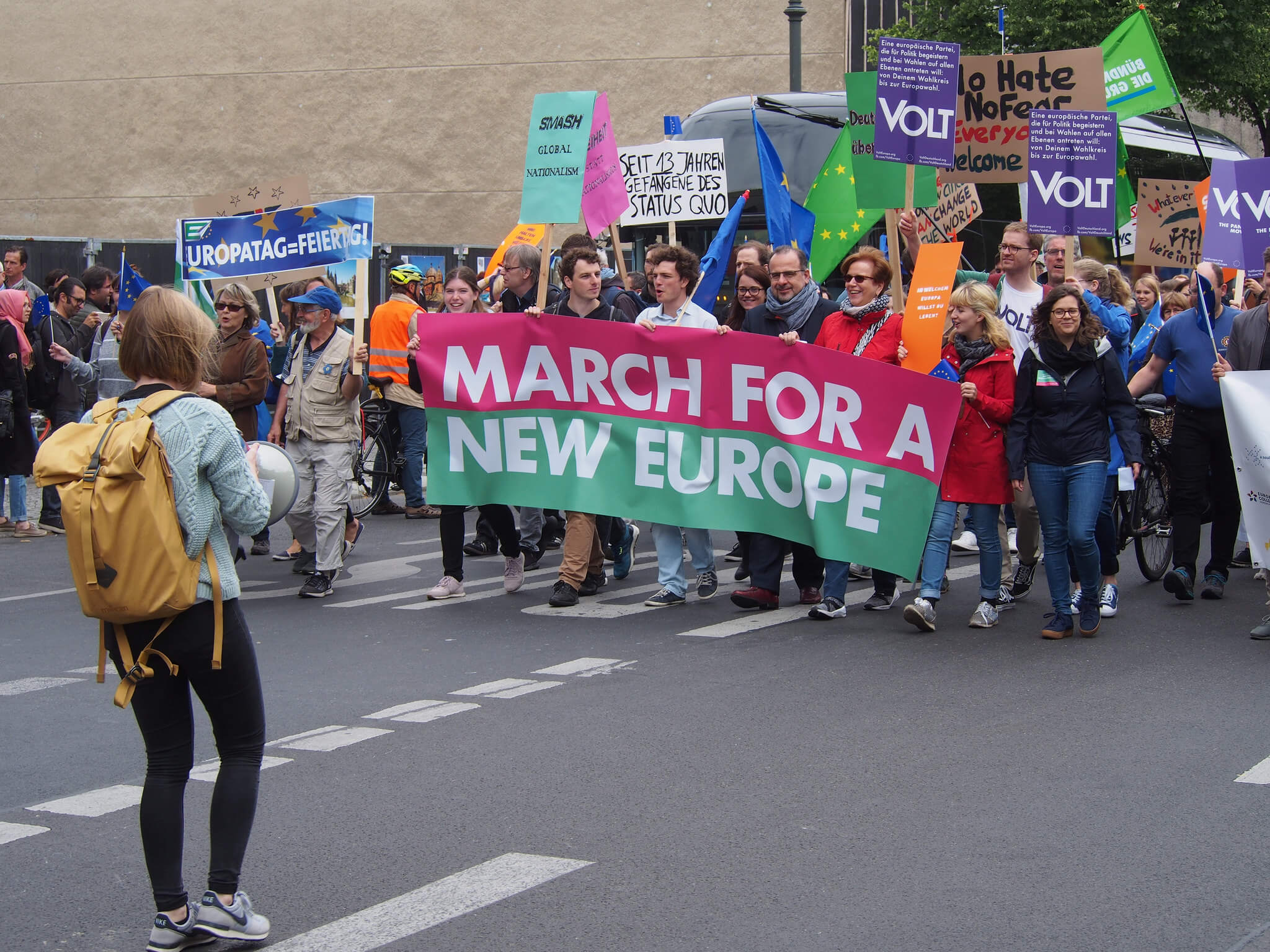
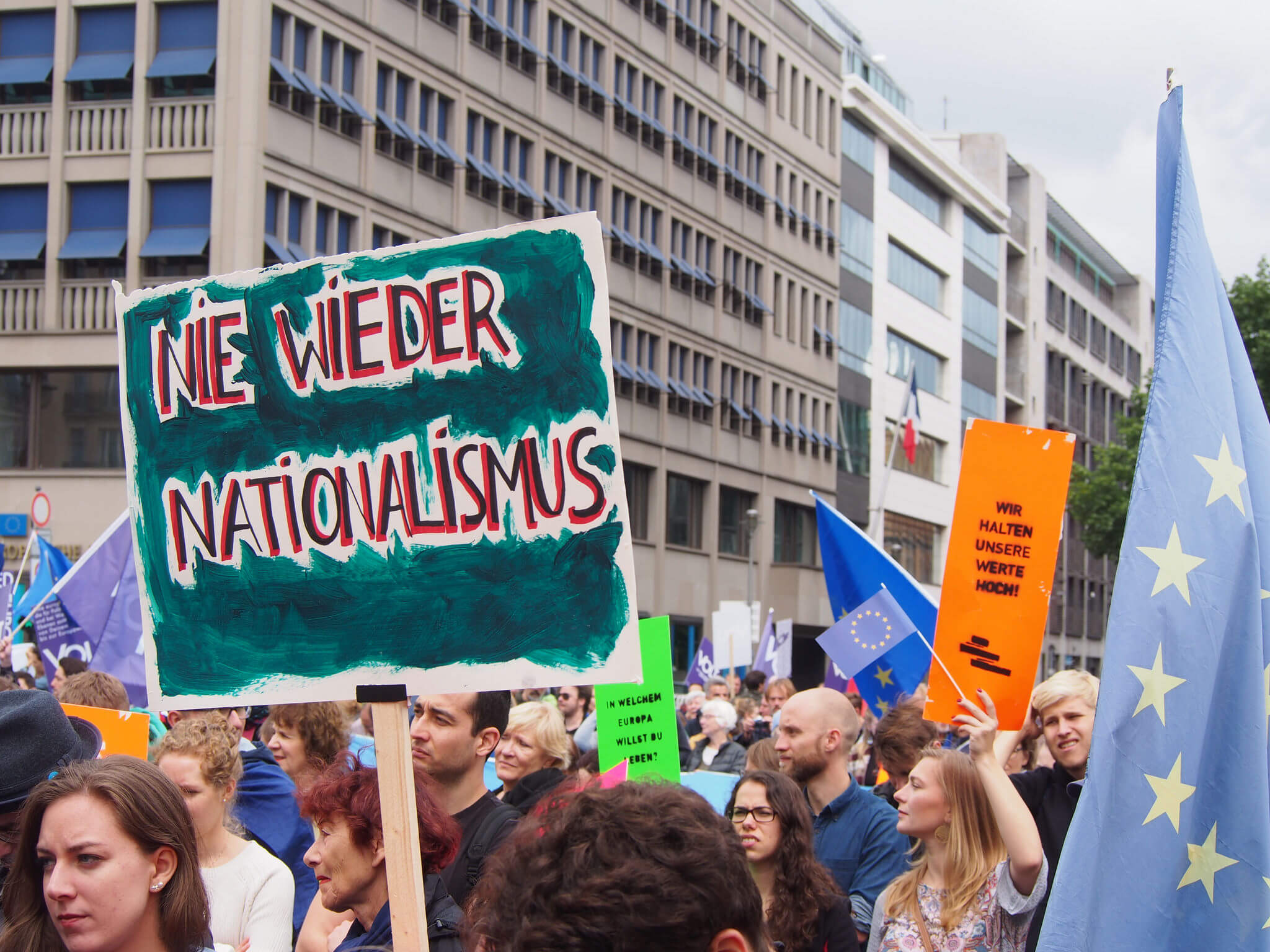
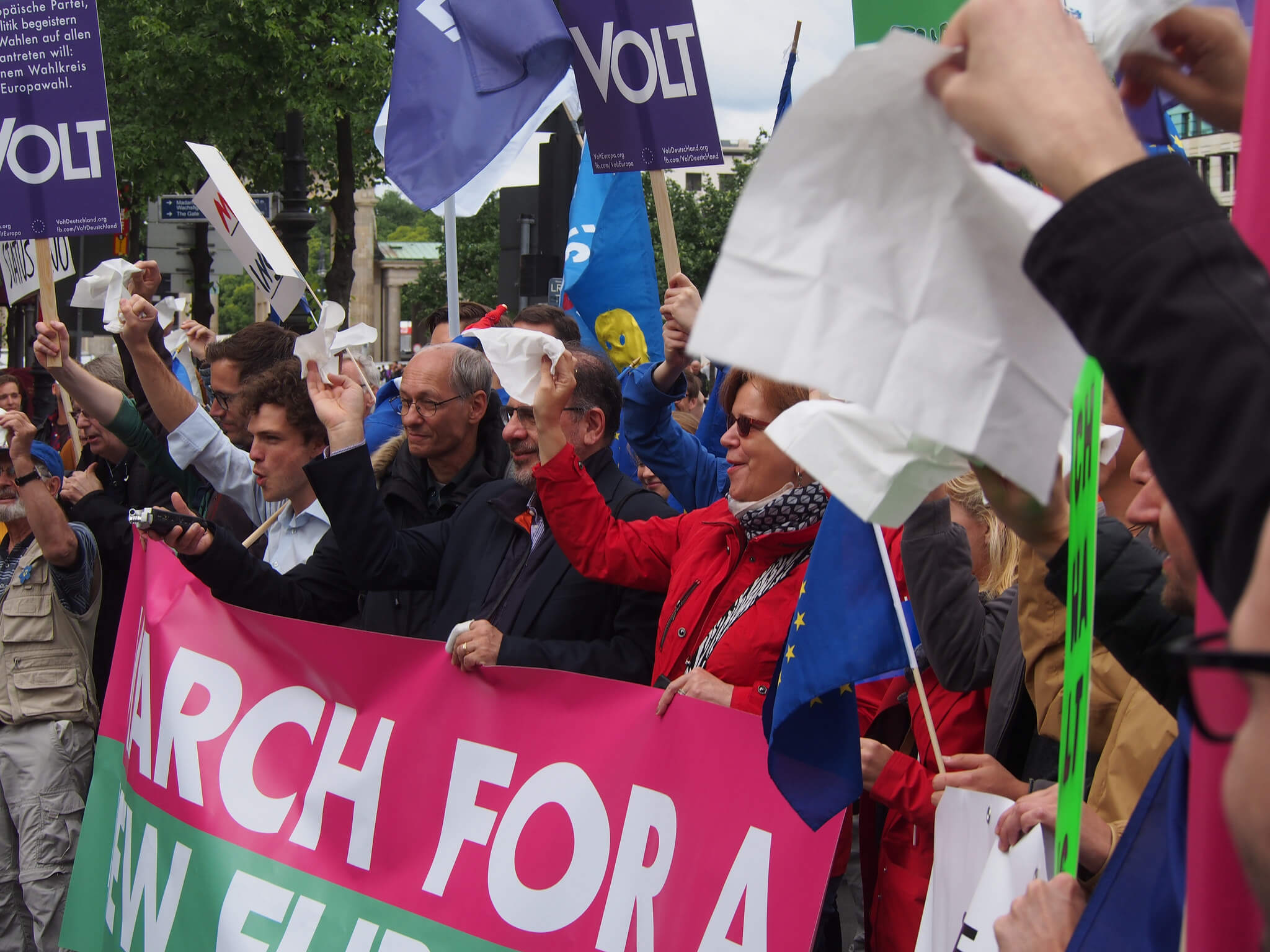
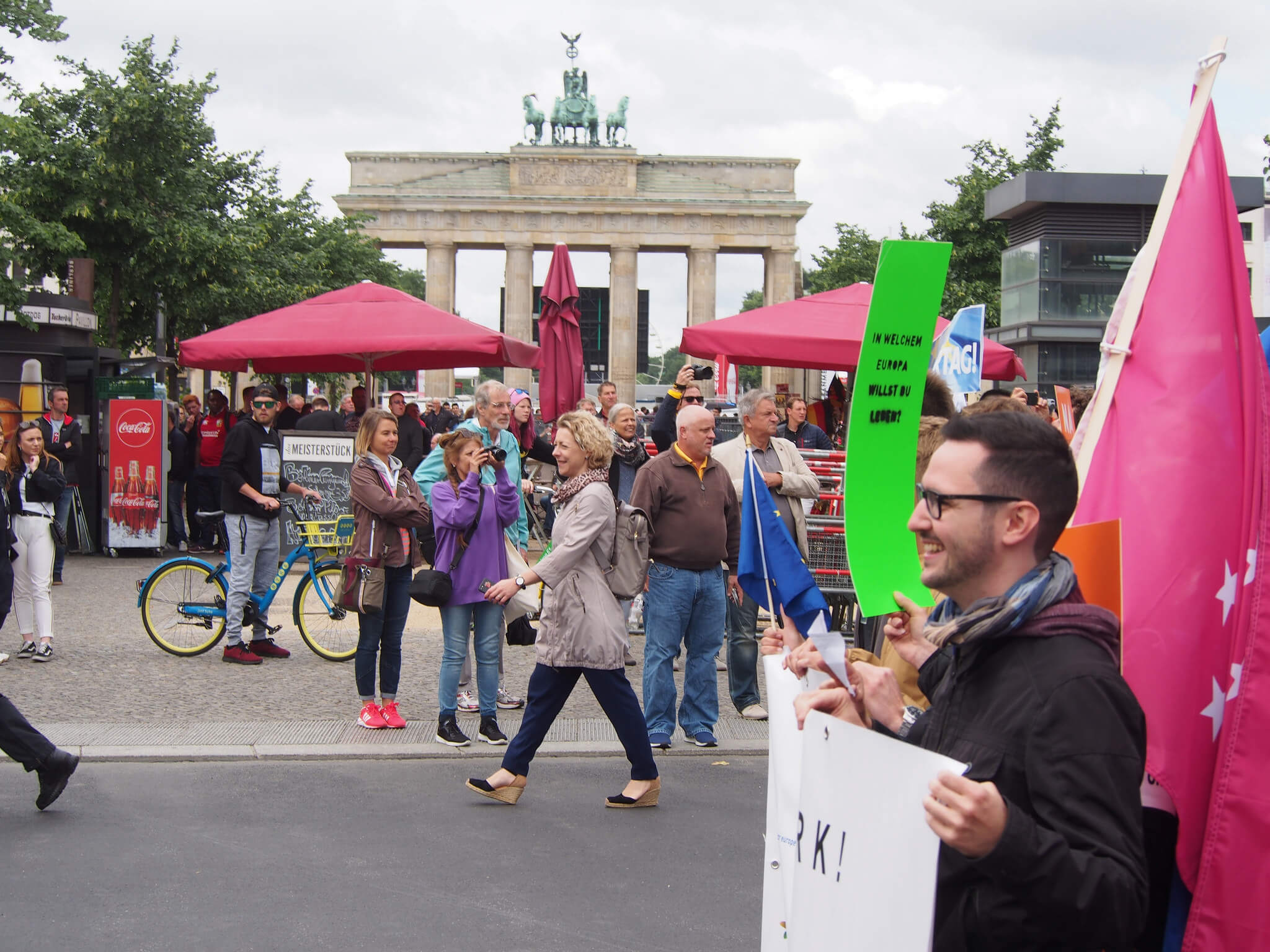
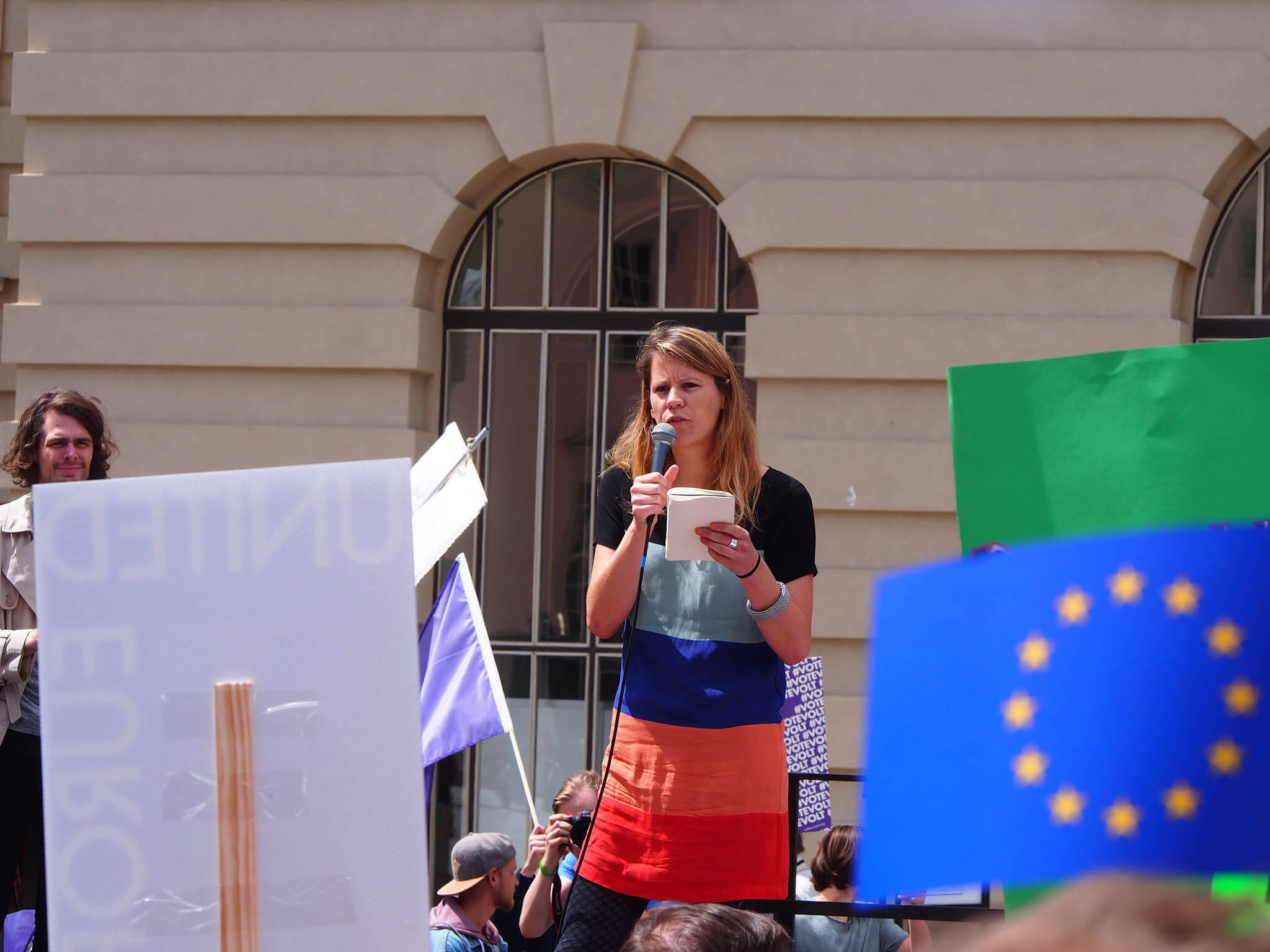
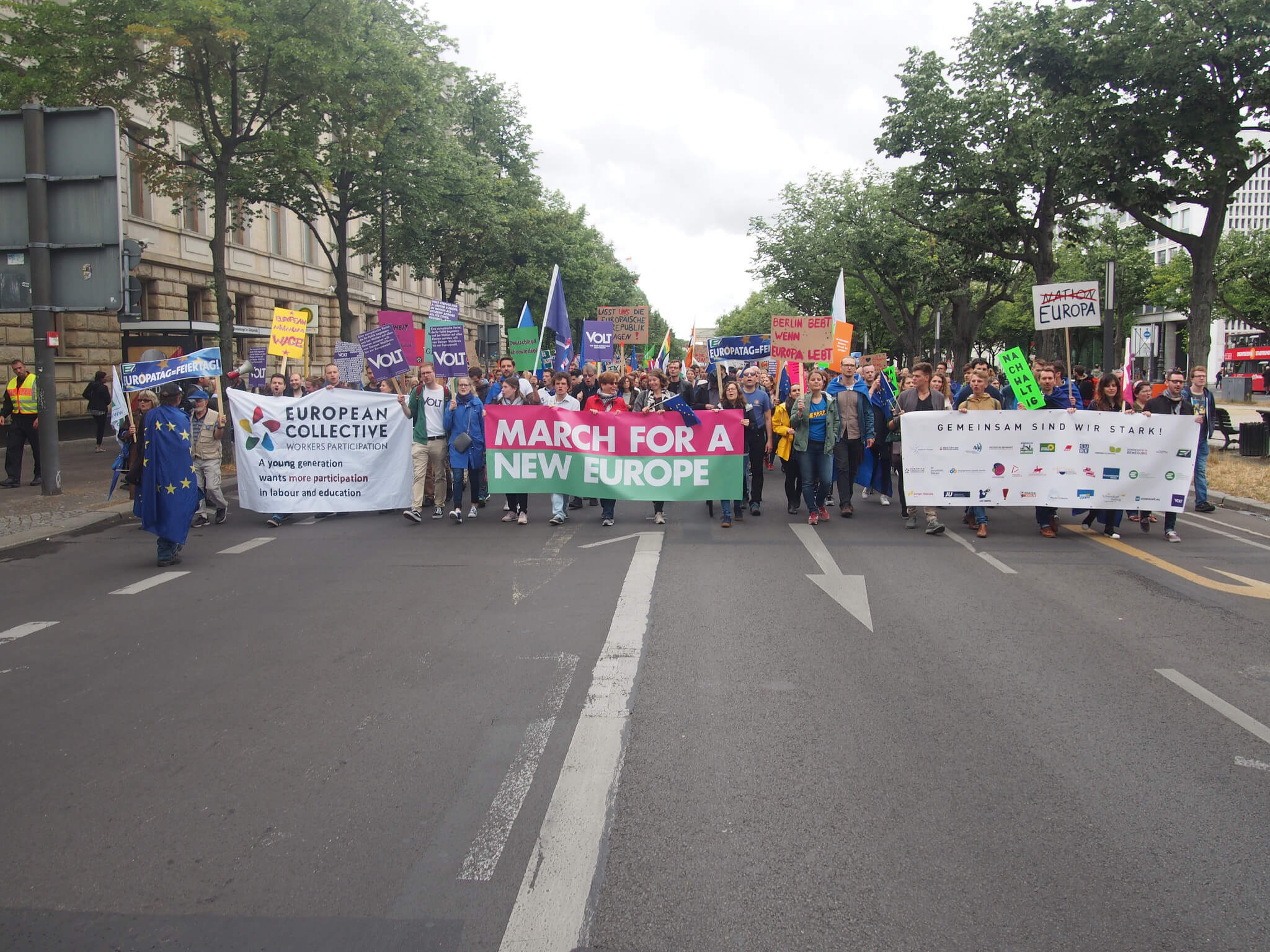
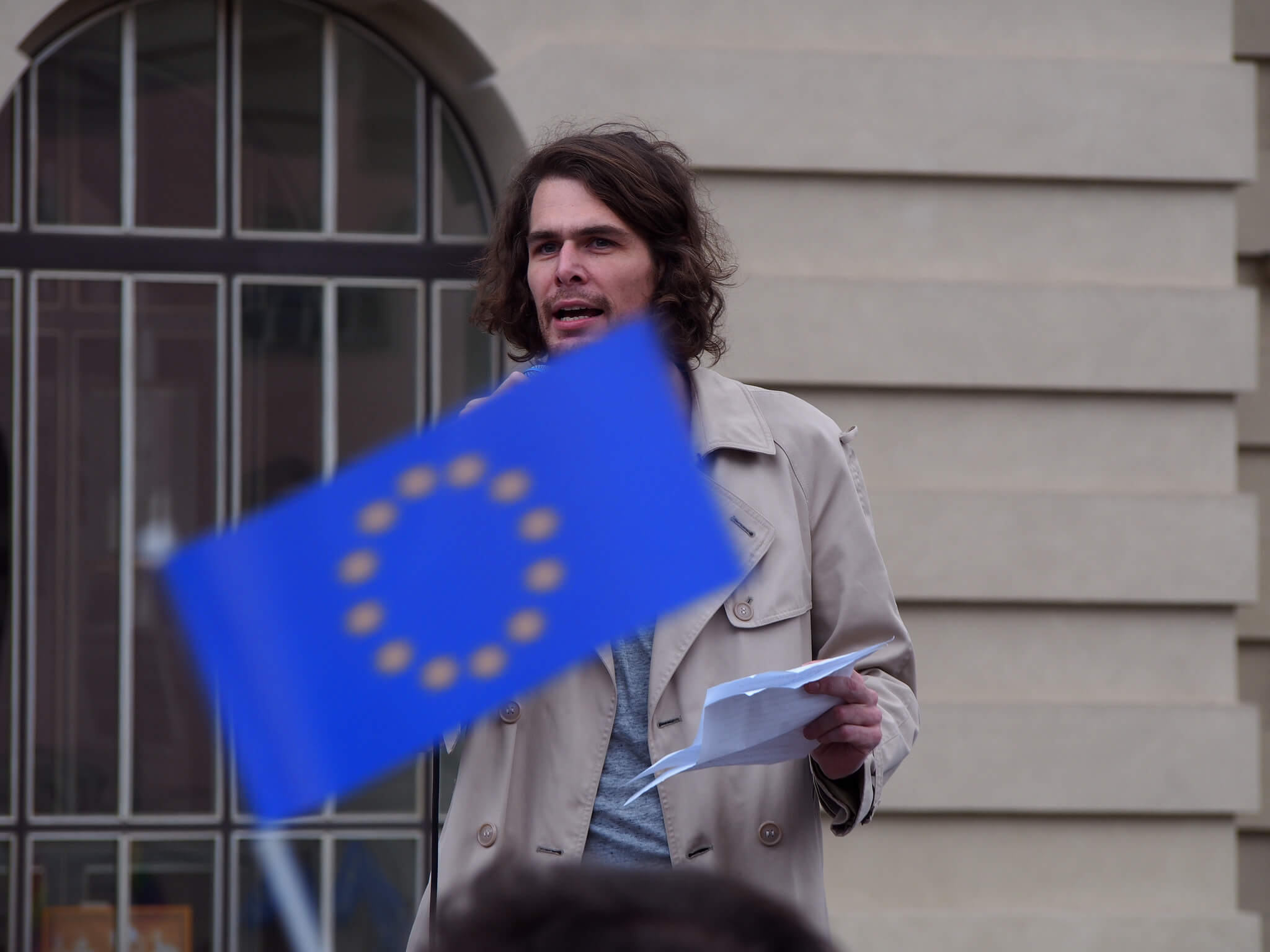
![Political Critique [DISCONTINUED]](http://politicalcritique.org/wp-content/uploads/2015/09/Political-Critique-LOGO.png)
![Political Critique [DISCONTINUED]](http://politicalcritique.org/wp-content/uploads/2015/09/Political-Critique-LOGO-2.png)